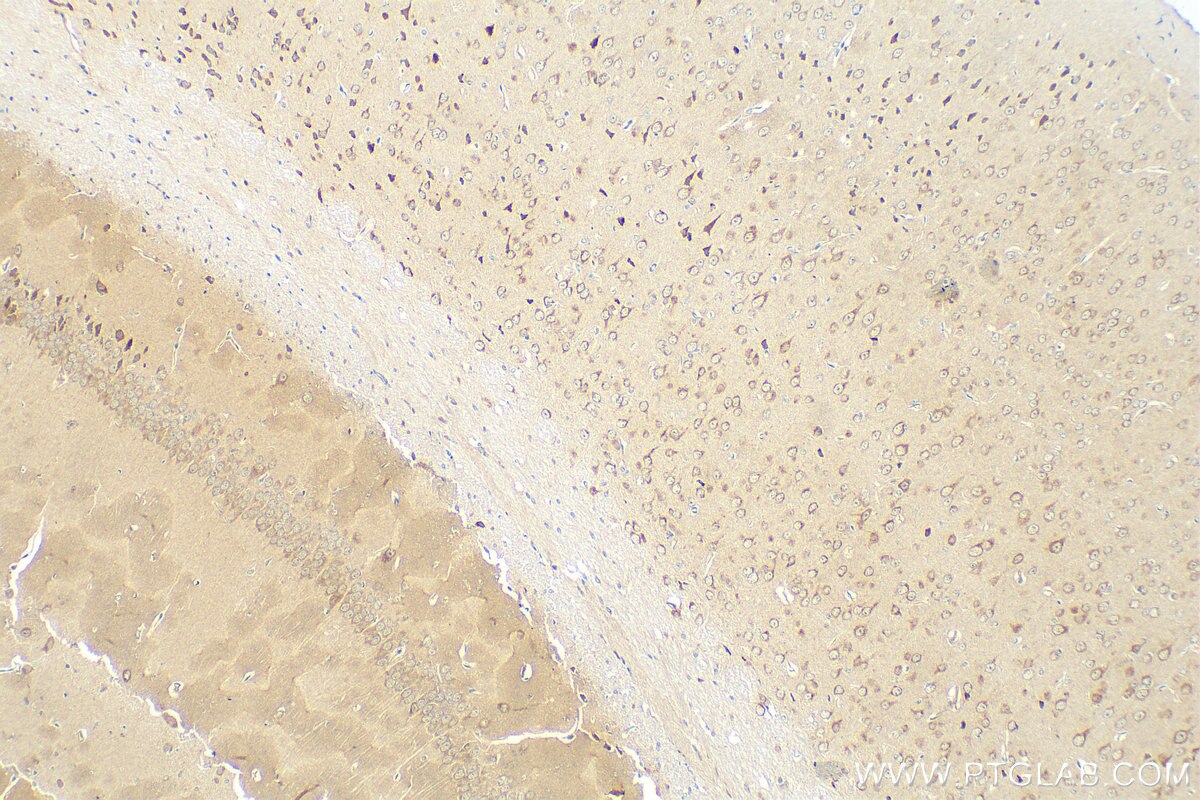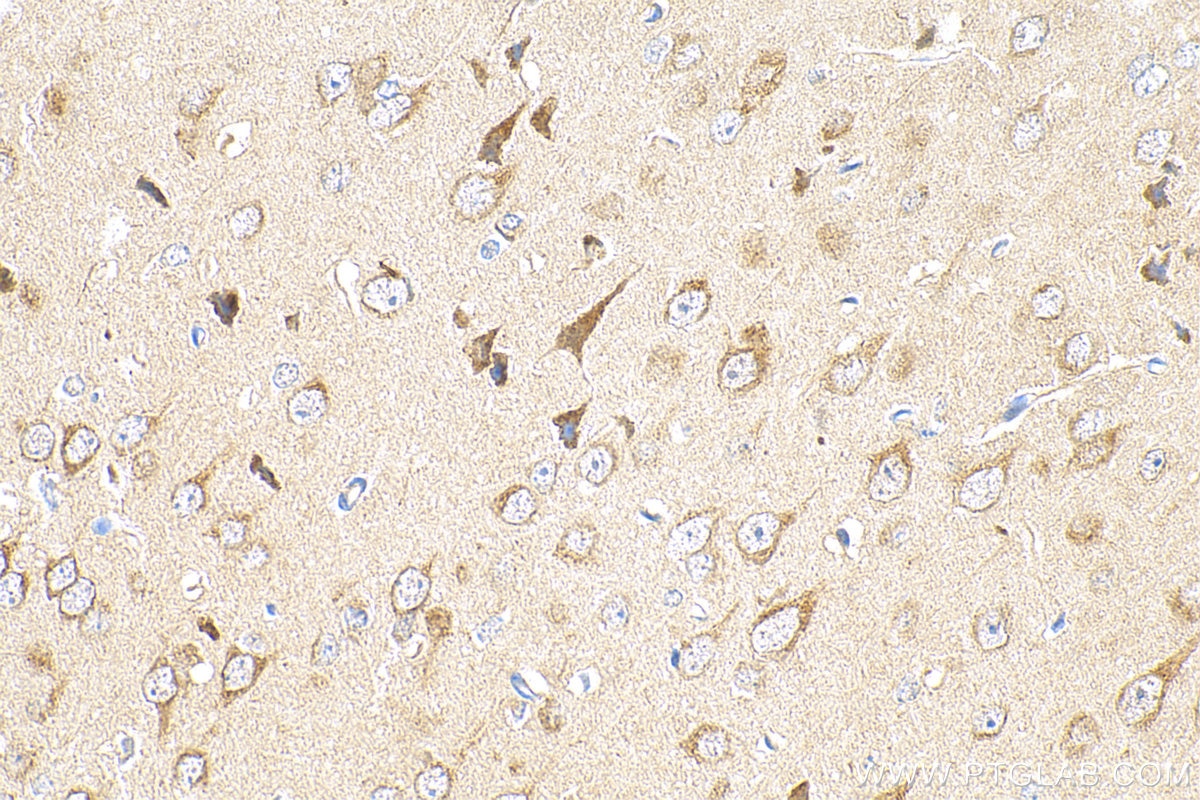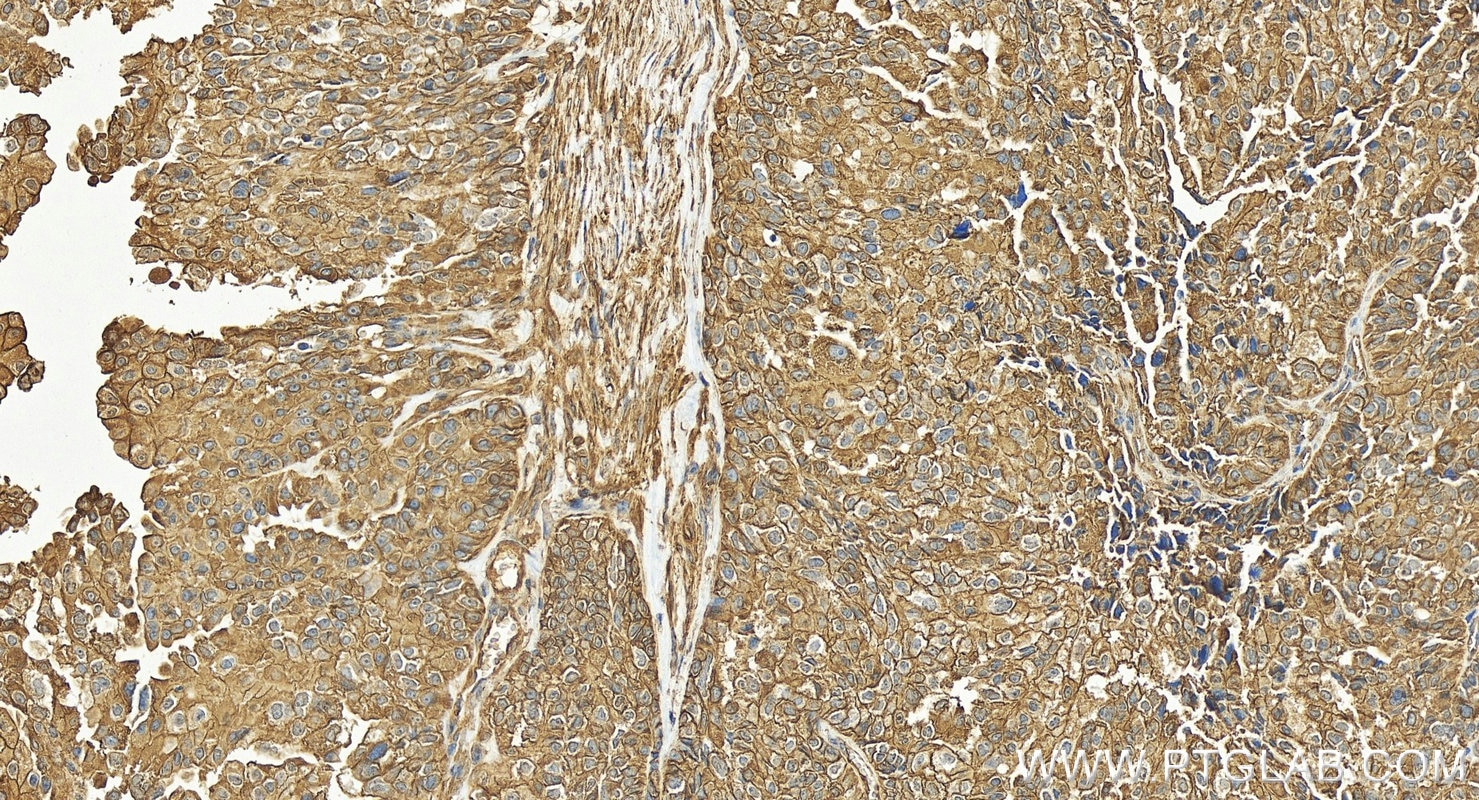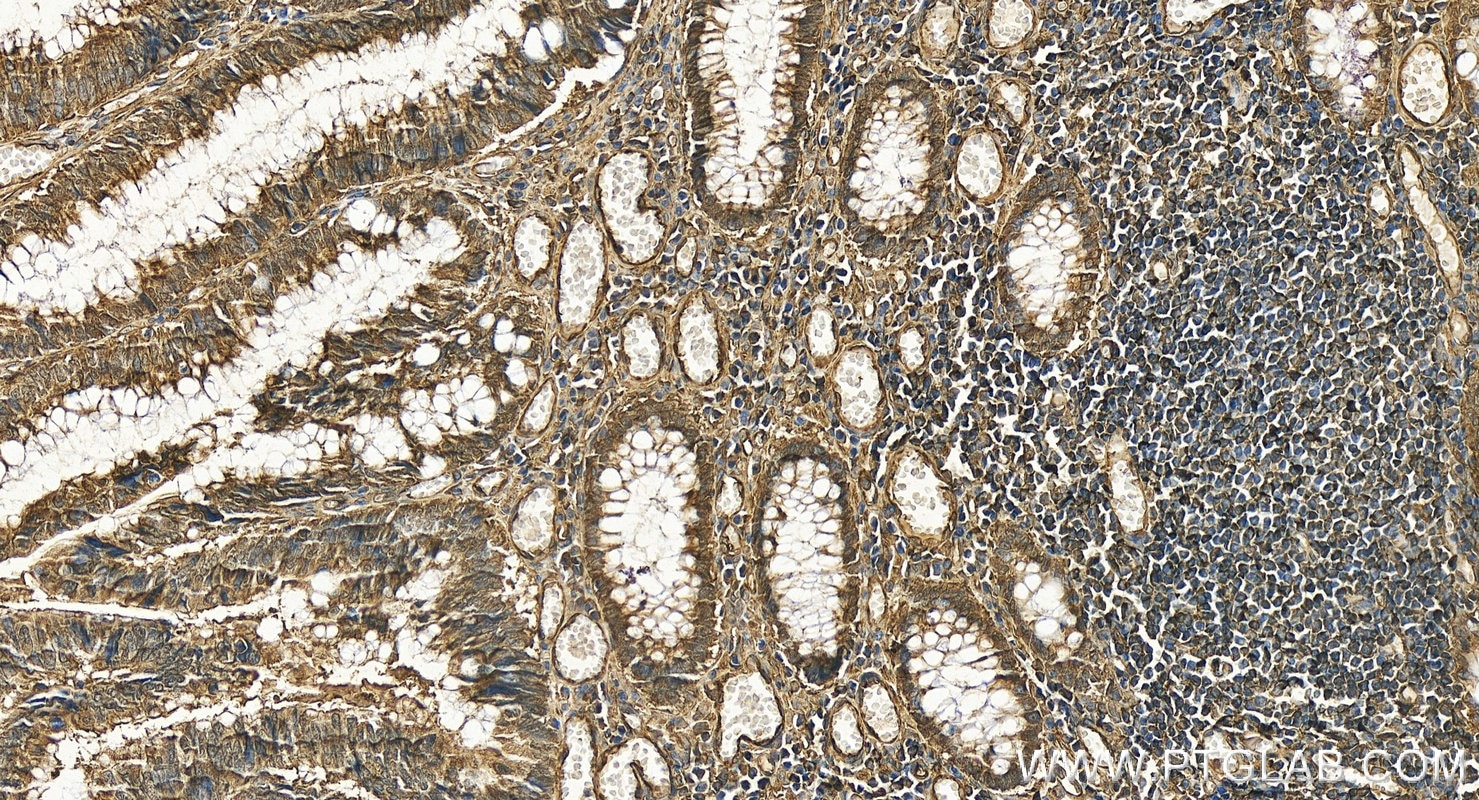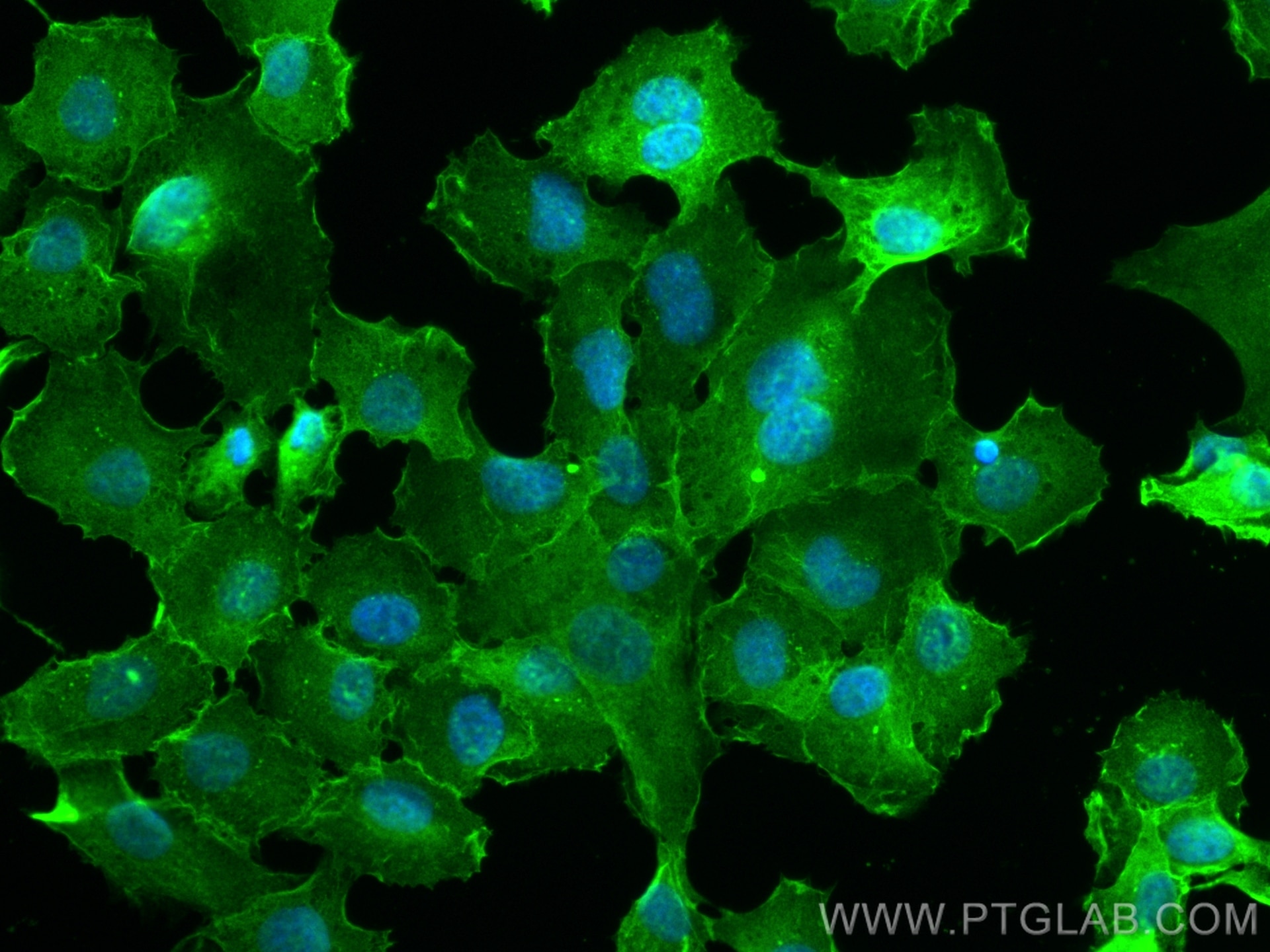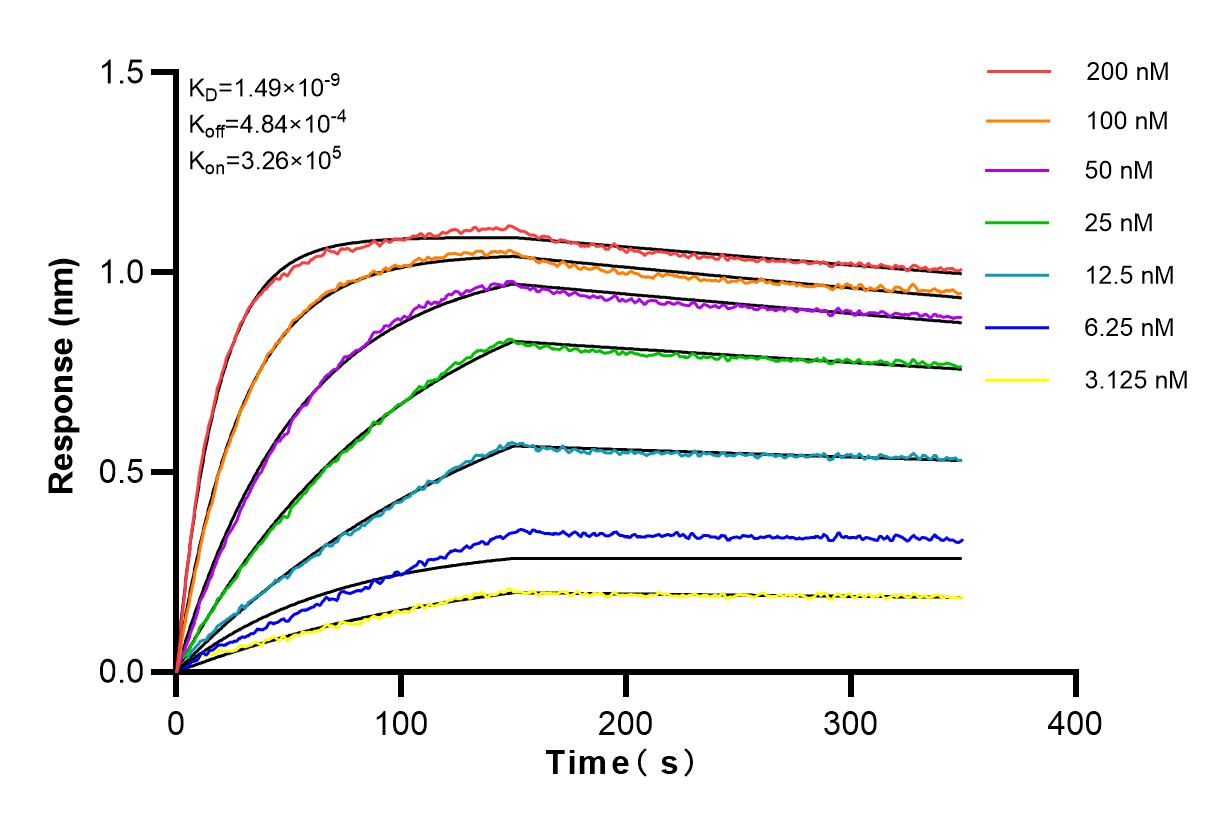uPAR/CD87 Rekombinanter Antikörper
uPAR/CD87 Rekombinant Antikörper für IHC, IF/ICC, Indirect ELISA
Wirt / Isotyp
Kaninchen / IgG
Getestete Reaktivität
human, Maus
Anwendung
IHC, IF/ICC, Indirect ELISA
Konjugation
Unkonjugiert
CloneNo.
230148A1
Kat-Nr. : 82953-1-PBS
Synonyme
Geprüfte Anwendungen
Produktinformation
82953-1-PBS bindet in IHC, IF/ICC, Indirect ELISA uPAR/CD87 und zeigt Reaktivität mit human, Maus
| Getestete Reaktivität | human, Maus |
| Wirt / Isotyp | Kaninchen / IgG |
| Klonalität | Rekombinant |
| Typ | Antikörper |
| Immunogen | uPAR/CD87 fusion protein Ag28056 |
| Vollständiger Name | PLAUR |
| Berechnetes Molekulargewicht | 37 kDa |
| GenBank-Zugangsnummer | BC002788 |
| Gene symbol | uPAR |
| Gene ID (NCBI) | 5329 |
| Konjugation | Unkonjugiert |
| Form | Liquid |
| Reinigungsmethode | Protein-A-Reinigung |
| Lagerungspuffer | PBS only |
| Lagerungsbedingungen | Store at -80°C. 20ul Größen enthalten 0,1% BSA. |
Hintergrundinformationen
uPAR is a 45-65 kDa, highly glycosylated, GPI-anchored membrane protein. In addition to the membrane-anchored form, uPAR is released from the plasma membrane by cleavage of the GPI anchor and can be found as a soluble form (suPAR). uPAR contains three homologous domains (D1-D3) of which the N-terminal one (D1) represents the uPA-binding domain. After binding to uPAR, uPA cleaves plasminogen, generating the active protease plasmin which is involved in a wide variety of physiologic and pathologic processes. In addition to regulating proteolysis, uPAR has important function in cell adhesion, migration and proliferation. Studies reveal that uPAR expression is elevated during inflammation and tissue remodeling and in many human cancers, in which it frequently indicates poor prognosis. (PMID 20027185; 12461559)
